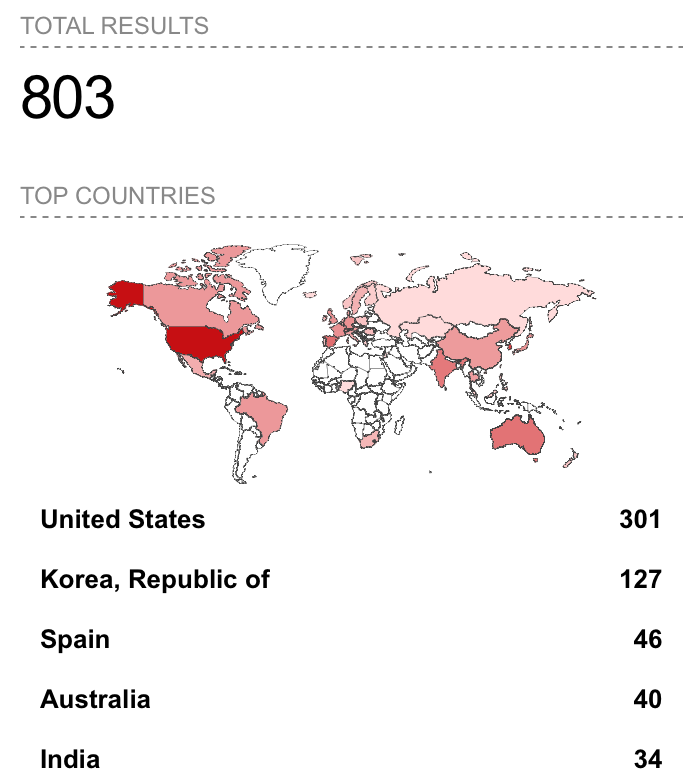What Happened?
A significant vulnerability has been identified in the libssh library, specifically within the pki_verify_data_signature function, which is used to verify connecting clients’ identities. The function could allow unauthorized access under certain conditions, such as limited or insufficient memory. This issue has been identified as CVE-2023-2283. It is important to note that public proof of concept exploits have been made available, increasing the likelihood of potential attacks.
How Bad is This?
The severity of this vulnerability is considered moderate, but the public availability of exploit code significantly increases its potential impact. LibSSH is utilized by most Linux-based ssh server software, and so this impacts most major Linux distributions and likely many IoT devices as well.
This video shows my PoC for libssh CVE-2023-2283 (authentication bypass vuln). The attacker logs in with ED25519 authentication, despite not knowing the private key. pic.twitter.com/v9dn1fTD6r
— Kev (@kevin_backhouse) June 7, 2023
An SSH vulnerability is particularly risky because an authentication bypass lets an attacker right in through the front door. They don’t need to know a password to access the system and would typically have administrator-level access. A successful exploit could lead to unauthorized access and potential misuse of sensitive data or systems.
Libssh vs OpenSSH
One important note for clarity: libssh is not the same thing as openssh.
OpenSSH is a suite of secure networking utilities based on the Secure Shell (SSH) protocol, which provides secure remote login capabilities and other secure network services over an insecure network. OpenSSH is developed as part of the OpenBSD project and is included in many Unix-like operating systems. OpenSSH is widely used.
On the other hand, libssh is a multiplatform C library that implements the SSHv2 and SSHv1 protocol on client and server side. It’s designed to be easy to use for developers and allows applications to provide all sorts of SSH-based functionality. libssh is not related to OpenSSH, and any vulnerabilities found in one do not necessarily apply to the other. LibSSH is less widely used.

Per the security search engine Shodan, there are 803 exposed libssh hosts at the time of this writing; however, this number is likely much higher internally within large enterprise networks.
What Should I Do?
Immediate action is recommended to mitigate this vulnerability. The libssh team has already issued patches for this vulnerability, and it is advised that you update your libssh software to the latest version.
For Ubuntu systems, the following specific updates are available:
- Ubuntu 23.04: libssh-4 – 0.10.4-2ubuntu0.1
- Ubuntu 22.10: libssh-4 – 0.9.6-2ubuntu0.22.10.1
- Ubuntu 22.04: libssh-4 – 0.9.6-2ubuntu0.22.04.1
- Ubuntu 20.04: libssh-4 – 0.9.3-2ubuntu2.3
For other Linux distributions, please check your provider’s latest security bulletins for patch availability.
How To Detect
To detect potential exploitation of this vulnerability, you may be able to monitor your system for unexpected access events, particularly any that could be related to the pki_verify_data_signature function. Further details on detection techniques and strategies may be found in the referenced articles or through your security monitoring solution’s documentation.
To identify potential hosts running libssh in your network, you can use a network scanning tool like Nmap. The following command conducts a version detection scan for SSH on all hosts within the subnet 192.168.1.0/24, and then singles out lines specifying “libssh”:
nmap -sV -p 22 192.168.1.0/24 | grep "libssh"
This approach has limitations, though. It’s predicated on the servers sharing a banner that explicitly names libssh. Not all servers provide such specific banners, and sometimes these banners can be misleading or incorrect. This means that despite using this command, further investigation or a manual review might still be necessary for some hosts. In case of any uncertainties, it’s recommended to verify the version of libssh installed on the system.
However, our recommendation is to prioritize patching what you know you have first, then scan for anything you may not already know of.
Additional References:
- https://www.libssh.org/security/advisories/CVE-2023-2283.txt
- https://ubuntu.com/security/notices/USN-6138-1
- https://security-tracker.debian.org/tracker/CVE-2023-2283
- https://www.suse.com/security/cve/CVE-2023-2283.html
How Does Blumira Protect Against This?
Blumira’s security platform includes a specific detection for SSH Connections from Public IP addresses. This detection capability is designed to identify potential scanning and attempted exploitation activities related to this vulnerability.
By continuously monitoring your network traffic, Blumira can alert your IT team to suspicious SSH connections, offering an extra layer of protection against this specific libssh vulnerability. It’s another proactive measure to ensure your systems remain secure.
How Blumira Can Help
It’s nearly impossible for admins to track every vulnerability, but Blumira’s security experts perform threat hunting on your behalf and develop detections in real time to protect your environment.
Blumira’s Free SIEM is easy to deploy; IT and security teams can start seeing immediate security value for their organizations.
More from the blog
View All Posts
New Unauthenticated Remote Code Execution Flaw Identified in OpenSSH Server
Read More
CVE-2024-3400: Palo Alto Vulnerabilities in GlobalProtect Gateway Lead to RCE
Read More
CVE-2024-3094: xz-utils (liblzma) Backdoor
Read MoreSubscribe to email updates
Stay up-to-date on what's happening at this blog and get additional content about the benefits of subscribing.

